“The Future of Dining Here at Fitchburg State”: Chartwells Proposes New Renovation Plans for the Holmes Dining Commons
Nicholas Valdez
Editor in Chief
April 19, 2023
SGA invited Fitchburg State’s Food Service Director Jeff McVoy and James Giles, the regional director of operations for Chartwells, to talk about and present their plans for what they called the “future of dining at Fitchburg State”.
“Everything is evolving in a very different way from technology through our preferences, how we live our lives,” said Giles. “Everything is changing and therefore dining and space and experience is a really key part of attraction and retention of students within a university setting.”
Giles revealed some of the results that came in from a survey that Chartwells had sent out in the last Fall. The survey showed that 43% of students wanted the dining hall to be a place that encouraged a social environment, where you could hang out with friends.
46% of students at Fitchburg State are looking for more flexible hours in the dining program.
26% of students want more vegetarian and vegan options, which is something that doesn’t mean students will necessarily buy it. According to Giles, students simply like the idea of having it available to use and see.
23% of students want to see more Mexican food, which Giles mentioned is strange when comparing these survey results to other colleges. Results at other colleges typically express more interest in authentic Indian food, rather than Mexican.
33% of students want to see boba tea available in the dining program.
Only 29% of students are happy with the current variety of food that the dining program has to offer.
“That’s because you don’t see the current variety. You only go for what you want and disappear. So it’s an interesting way of looking at it,” said Giles.
Giles explained that all the statistics and student insight were taken down to the Chartwells design team, and some key principles were taken into account when coming up with a renovation of the current Holmes Dining Hall.
“So it’s a dining space to support and attract the attention of students and retention of students,” said Giles. “It’s inclusive for both residents and commuters. Very much at the moment, we’re segregated in where we are. [The dining hall] needs to be flexible to meet the needs of the university.”
Giles and McVoy then presented a Matterport video, a video that shows an exact 3D replica of what the dining hall could look like after renovations.
“[Matterport] took lots of shots and images and everything of exactly every area of it. So what you’re gonna see is practical. It can fit into your space,” said Giles.
The first change that the audience could see was that the name of the dining hall was changed, and is now on full display at the entrance: Holmes Social House.
“Now notice we no longer call it a dining hall. That’s very important. It’s a social house. It’s a social environment. It’s experiential,” said Giles.
The video featured a reduction of counters in the lower area of the dining hall which will allow for more seating and a number of ordering kiosks.
“Reduce the amount of counters down from seven to four counters. As you can see on the right hand side, the ordering kiosks, all of the grill and all of the deli, which are your customizable elements, come straight through an ordering kiosk, get made to order, and then collect it via your number,” said Giles.
Giles compared the ordering experience to McDonalds, where one goes up to the kiosk to order, receives a number and waits to get their number called so that they can pick up their order.
The renovated floor plan of the Holmes Social House shows that removing the wall that holds the drink dispensers and reallocating everything that rests on those counters would open up the area and allow for more seating.
The upper area of the dining hall, however, experiences different changes. The area would be better suited for leisure, although dining would still be allowed, and the area would feature a stage for any events held in the Social House, and a coffee shop.
“Then on the upper level, you become much more leisure in its approach. So you’ve got soft seating, you’ve got booths, you’ve got a whole different kind of appeal in there. You’ve got open mics and stages and entertainment zones. You’ve got game zones, you’ve got foosball, you’ve got pool tables, and you’ve also got a coffee shop,” said Giles. “A coffee shop that we imagine to be branded in terms of Starbucks.”
The coffee shop would exist in a way that allows commuters to access it without having to purchase a meal ticket, but also features collapsible walls that allow it to open up to the rest of the Social House.
One student in the gallery asked what the proposed timeline was for the project, to which Giles replied that since there’s no major construction and the project revolves more around renovation, the dining hall project could be completed in just under four months, but that it wouldn’t be ready until Fall 2024.
Jeff McVoy expressed that the project would include a lot of technological additions that would improve the quality of the food as well as the experience of the student.
“We’re including a lot of technology in what we’re doing. Part of that technology is the digital ordering piece where you’ll be able to order a burger [on your phone] and then sit down in the space and play a pool game or a foosball game while you’re waiting for your food to be made,” explained McVoy.
McVoy also explained how ordering in advance on your phone allows for better control of food waste and better quality of food being served.
“Say you need a meal ready at 2:00 p.m. and you know you’re going to get to the dining hall at 1:50 p.m.. You set up your order in the app and send it. When you come to the dining hall and swipe in, it will release that order to the kitchen,” said McVoy. “But we will have already known that there’s an order ready that wants to be picked up at 2:00 p.m.”
McVoy claims that this system will help control the amount of food waste produced by the dining hall, and prevent food from sitting on a heating element for long periods of time.
McVoy also addressed the issue with the dining hours, a topic of big student concern, after a student voiced their own concerns over the very short hours of the dining hall, especially on the weekend.
“The amount of business that the dining hall did, especially on the weekends, was the reason for the hours being structured the way they are,” said McVoy. “Using a digital solution where we can offer a digital menu during the down time and not have all this food out at all these stations will allow us to open up between lunch and dinner on the weekends, or late night up until 11:00 p.m.”
Although this digital solution would allow for better hours for the dining hall, McVoy did mention that a more limited version of the menu would be available during the late-night hours of the Social House.
“It’ll allow us to keep the food fresher, and not have all this food sitting out and wasting while still being able to offer the extra hours.”
In an email conversation with The Point, McVoy stressed that “this is all currently a proposal and that Chartwells hopes to continue working with the university and its student body on this vision for the future.”
For more information or access to the presentation, email the Fitchburg State’s Food Service Director Jeff McVoy at jmcvoy@fitchburgstate.edu.

Nicholas Valdez is a sophomore at Fitchburg State University and the managing editor for The Point. He is majoring in English Studies with a concentration...


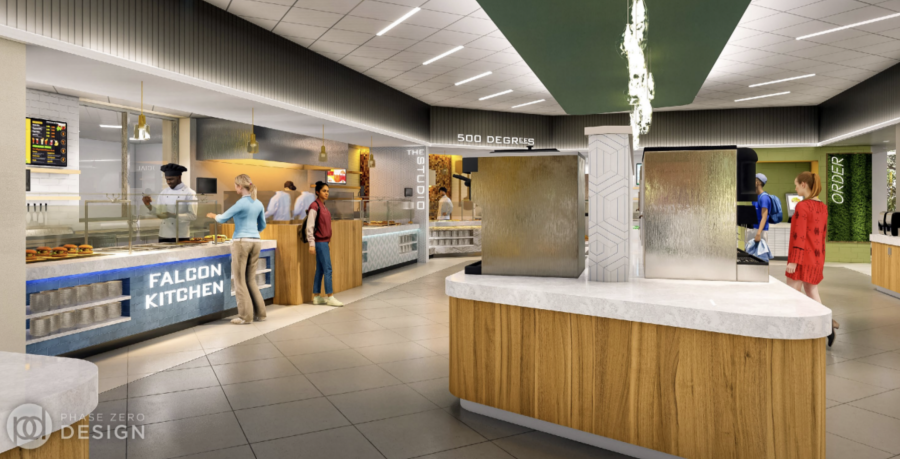
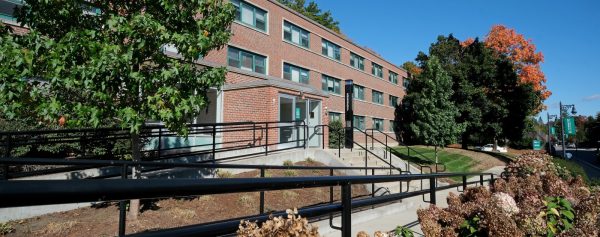

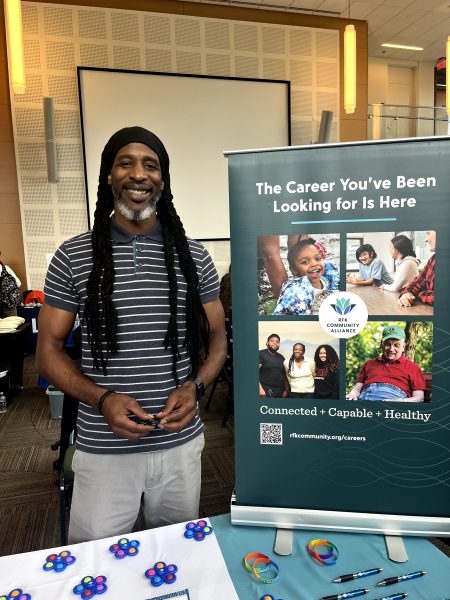
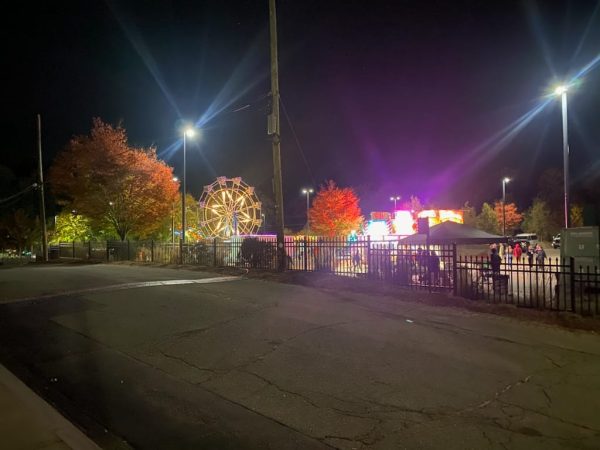
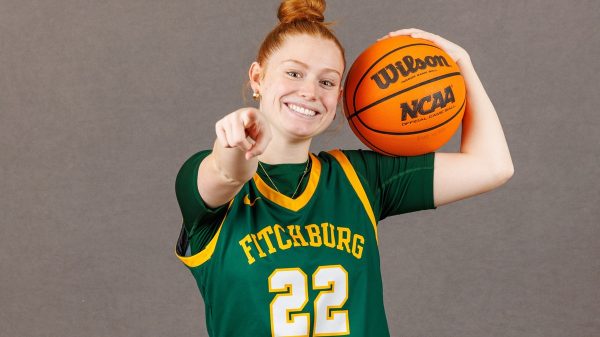
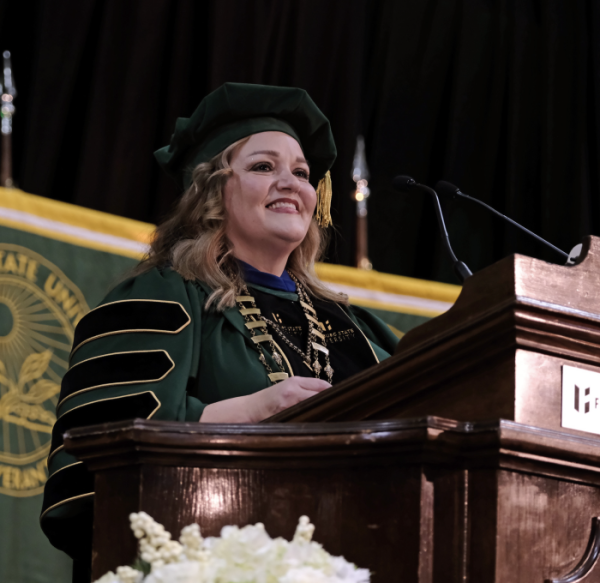
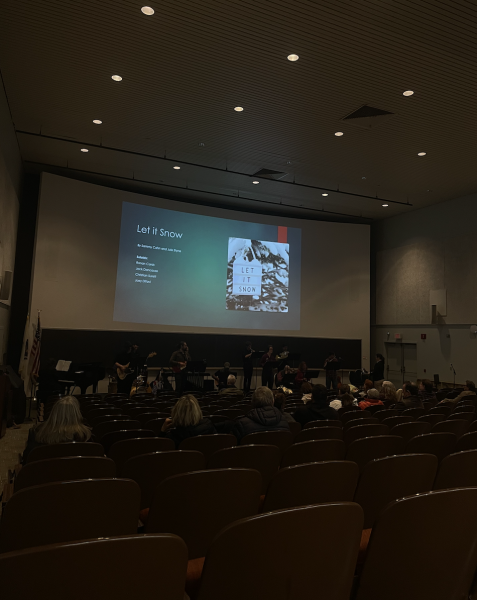
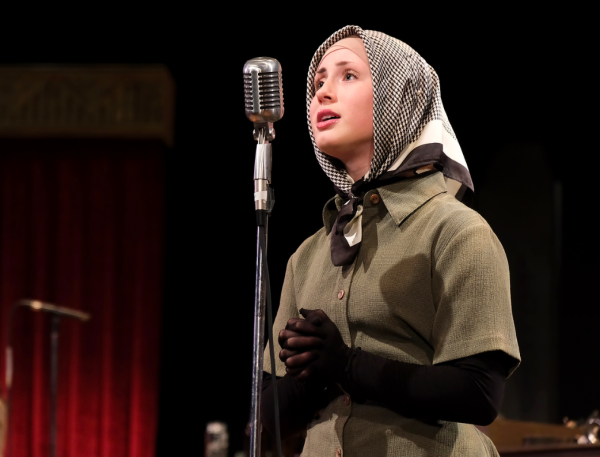
Tom Holland • Jul 25, 2023 at 9:57 pm
I hope all of this digital ordering will not result in job losses in the cafeteria. Sorry, in the Social house. It seems it will though.